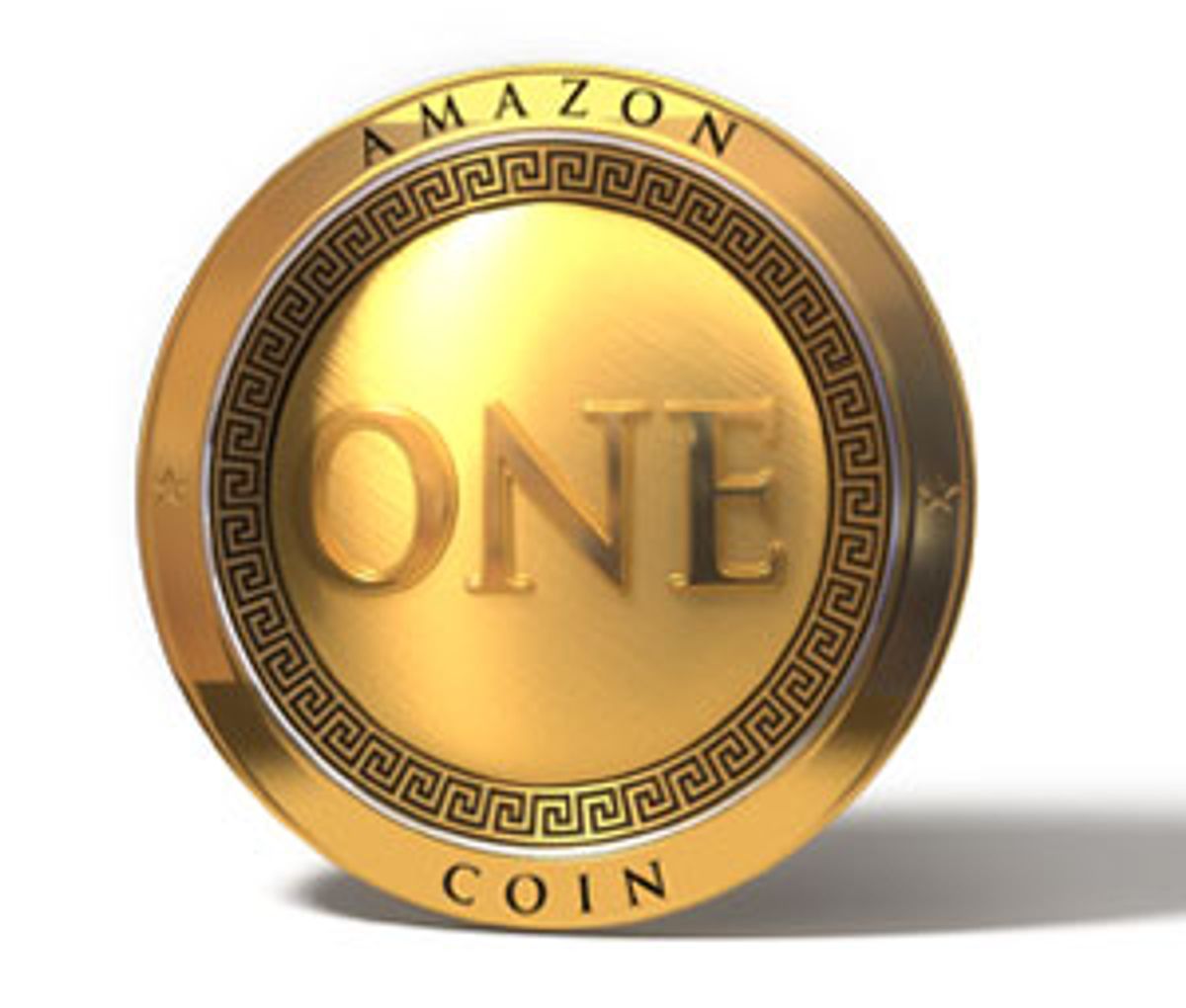The giveaway is a great way to get started, but it points to a problem with using the word "currency" to describe what Amazon has created. Calling Amazon Coins a virtual currency suggests that it will be a widely accepted, independent store of value that you can easily convert to another currency. But from the few details Amazon has given, there's no reason to think this will be anything other than yet another in-house system of credits. If Amazon Coins are currency then so is the card I use to get on the subway in New York, because it works the same way—you load money onto an account. But once its there, the subway system is the only place you can use it. At least you can use the cards throughout the subway system (and eventually, maybe as part of a system that includes Metro North trains and PATH). When Amazon dumps "tens of millions of dollars worth of Coins" on their customers, will these coins be redeemable throughout all of the Amazon marketplace? No. They will only buy Kindle Fire apps, games, and in-app items.
And we've seen this a million times before. Microsoft Points. Nintendo points. Even the gang from It's Always Sunny In Philadelphia tried beefing up business at their bar by printing Paddy's Dollars. It's the kind of scheme where it works the best for the company when it works the least for the customer, trapping people in with inflexible policies that force them to buy more credits than they immediately use.
It seems that Amazon is at least trying to avoid some of the most offensive mistakes of its predecessors. For example, one of the biggest complaints with Microsoft Points is that they are not matched exactly to the U.S. dollar. Instead, one dollar equals 80 points and in order to use them you have to do some wacky conversion in your head. People really didn't like this and many thought it was designed to obfuscate the actual price of things. Amazon has chosen a one to one ratio where each coin will equal a penny.
But what kind of utility is being added by having a virtual coinage? Amazon already offers gift cards that customers can use to add credit to their accounts. Is there a problem with that system of credits that Coins solves? Parents can use credits to budget out their kids' e-book allowance, and frequent app-buyers can subtract purchases from their account rather than accumulating a bunch of $0.99 charges on their credit cards.
The likely answer is that this isn't about the customer at all. Amazon announced Amazon Coins on a blog it runs for mobile app developers because that's who the program is really for. Remember that Coins will only buy Kindle Fire apps, games, and in-app items. In other words, developers, start your engines! Because in four short months, Amazon customers are going to be flush with free money and they will have to find a Kindle Fire product to spend it on. Developers have until April 25th to submit their designs.
Amazon has very cleverly spun this to look like an added feature for customers. They write, "it's an easy way to spend money on Kindle Fire apps and games." But if anything, Amazon Coins look to be more restrictive than the credit you would get with a gift card.
On the other hand, as a stimulus for growth in Kindle Fire app development, it's genius. Amazon has clearly calculated the amount it is willing to spend on building new applications for its device, and instead of handing the money directly to the developers, it's getting its own customers to do it. The competition will light a fire under those Kindle Fire developers that need it, and the payout will go to the most successful of the bunch.
For now, everyone wins. Let's hope it stays that way.




